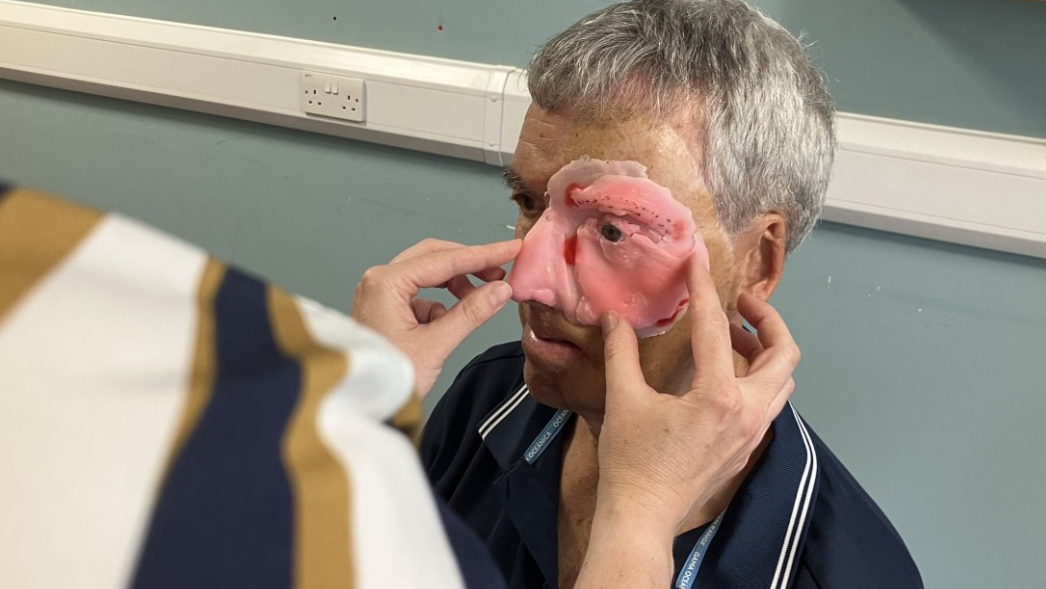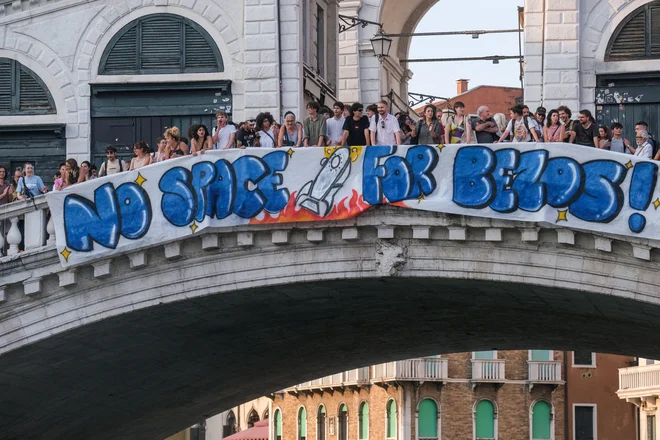The earth is getting colder than we thought, and the geological quenching that awaits it is closest
Albert Vataj
Science is bringing us a silent, but shocking warning, our planet, in its deepest depths, is heading towards extinguishing faster than we thought. A new study by Eth Zurich and Carnegie Institution for Science has found that the Earth’s core is losing heat at accelerated rhythms, a development that can radically change the way we conceive the long -term destiny of the world we live in.
This discovery does not come from a science-fiction forecast, but from direct experiments on a key, bridgmanite mineral, located on the border between the nucleus and the Earth’s mantle. In extreme heat and pressure, Bridgmanite turns out to be an extraordinary heat conductor, about 1.5 times more efficient than previously thought.
What does this mean in practice? If the soil cools faster, then the convective currents that enliven the mantle, promote the movement of tectonic plates and maintain our magnetic field, indispensable for life, can slow down and, in the distant future, stop completely.
Scientists cannot accurately determine the duration of this process, but parallels with planets like Mars and Mercury are worrying. They are already rocky bodies, silent, without internal movement or active magnetism. A similar fate, according to this theory, can cut the earth.
This is more than a scientific news, it is a meditation on the passage of everything. A reminder that even this loud, shaking planet explodes, explodes, and beat with the life it carries, is on its way to a frozen and silent state. Not tomorrow, not for our generations, but on the cosmic horizon of a time that only the universe imagines.
And in this irreversible course, what is left is to understand, appreciate, and defend this rare miracle we call land, still alive, still welcoming, still our home.
Source: Eth Zurich






